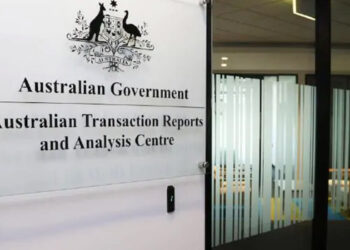In a submission to Treasury on its corporate collective investment vehicle (CCIV) legislation, KPMG made 14 recommendations that would make the proposed regime competitive with the likes of Hong Kong and Singapore.
One of KPMG’s key recommendations was the removal of the requirement that the corporate director of a CCIV be an Australian public company.
“While all countries require the corporate director/board to obtain appropriate licensing from the corporate and monetary regulators, only Australia requires that the corporate director should be a public company,” said the KPMG submission.
Furthermore, the Australian CCIV regime would require the depositary to carry out “supervisory obligations”, in contrast with the Hong Kong and Singapore systems.
In addition, the Australian framework would give the corporate director the widest scope to change the CCIV’s constitution “without being obliged to obtain a shareholder resolution”.
Crucially, KPMG said the above points could be “contributory reasons” for an existing Australian fund to remain as a managed investment scheme, or for a new fund to set up its operations in another jurisdiction.
The CCIV regime must be “attractive when compared with overseas managed investment offerings. Key to this are both simplicity of operation and cost-competitiveness”, said the submission.
It must also “provide commercial advantages when compared to the existing Australian managed investment scheme regimes”, said KPMG.
“In particular, a clearly-defined and low-cost migration path from managed investment scheme to CCIV will be critical to the success of the vehicle,” the submission said.







